
Neem: An Ancient Plant With Potential Health Benefits – What Science Says

You may have heard whispers about a powerful tree from India — neem (Azadirachta indica) — celebrated in Ayurveda as a “wonder plant” for everything from glowing skin to balanced blood sugar.
For centuries, neem has been woven into Indian wellness rituals: used to cleanse the skin, purify the mouth, ward off insects, and support internal detoxification. Its bitter leaves and potent oil have long been considered symbols of purity and protection.
But with growing global interest in natural medicine, many are now asking a more critical question:
👉 How much of neem’s reputation is grounded in real science — and where should we tread carefully?
Let’s take a deeper look at what research actually says about neem, so you can use it wisely, safely, and effectively.
Because true wellness isn’t about chasing miracle cures.
It’s about balancing tradition, evidence, and respect for your body’s limits.
🔬 What Exactly Is Neem?
Neem is a fast-growing evergreen tree native to the Indian subcontinent, thriving even in hot, dry climates where few plants survive. Almost every part of the tree — the leaves, bark, seeds, flowers, and oil — has been used traditionally for medicinal and household purposes.
Its healing reputation comes from a unique cocktail of bioactive compounds, including:
-
Azadirachtin – a natural insecticidal compound effective against many pests
-
Nimbidin & Nimbin – known for anti-inflammatory and antimicrobial properties
-
Quercetin & Catechins – plant antioxidants that protect cells from oxidative damage
📌 The World Health Organization (WHO) recognizes neem as a source of bioactive natural compounds with therapeutic potential. However, it also stresses that more rigorous human studies are needed before strong medical claims can be made.
🌿 Potential Health Benefits (Supported by Early Research)
While most of neem’s benefits come from traditional use and animal or laboratory studies, some early human research offers encouraging signs — especially for the skin, mouth, and immune balance.
1. Skin Health (Topical Use Only)
Neem’s antibacterial, antifungal, and anti-inflammatory properties make it a natural choice for skin care.
-
Lab studies show neem extract can inhibit Propionibacterium acnes, the bacteria linked to acne.
-
Traditional use suggests benefits for eczema, psoriasis, and minor wounds due to its soothing and cleansing effects.
-
It’s a common ingredient in soaps, creams, masks, and serums for oily or acne-prone skin.
💡 Pro Tip: Always patch test first — neem oil and concentrated extracts are potent and can irritate sensitive skin if not diluted properly.
2. Oral Health and Hygiene
In India, people have long chewed neem twigs as natural toothbrushes — a practice still seen in rural areas today. Modern studies now support some of this ancient wisdom.
-
Neem-based mouthwash may help reduce plaque, gum inflammation, and bacteria linked to gingivitis.
-
Some toothpastes use neem extracts to promote fresher breath and oral balance.
🩺 Important: Neem products can complement good oral hygiene, but they don’t replace brushing, flossing, or dental visits. Think of them as supportive, not standalone, tools.
3. Antimicrobial & Insect-Repellent Power
Neem’s broad antimicrobial spectrum makes it invaluable in natural pest control and skincare.
-
Neem oil is used in organic farming and pet care to repel ticks, lice, mites, and mosquitoes.
-
Studies suggest neem compounds are active against certain fungi (like athlete’s foot) and bacteria.
-
It’s also used to treat head lice and scalp infections, though results vary.
🚫 Caution: Never apply undiluted neem oil directly to your skin or scalp — it can cause burns or allergic reactions. Always dilute it with a carrier oil like coconut or sesame oil.
4. Blood Sugar and Metabolic Support (Preliminary Evidence)
Neem’s role in blood sugar regulation is one of its most discussed modern applications.
-
Animal studies suggest neem leaf extract may improve insulin sensitivity and lower blood glucose levels.
-
Small human trials have shown modest improvements in fasting glucose among people with type 2 diabetes.
⚠️ However: These effects are mild and not consistent. Neem is not a replacement for insulin or prescription drugs. Always consult your doctor before using it as a supplement.
5. Liver and Digestive Support (Traditional Use)
In Ayurveda, neem is known as a “cooling” herb that supports the liver, digestion, and detox pathways.
-
Some studies indicate hepatoprotective (liver-protective) effects against toxins and oxidative stress in animals.
-
Neem’s bitter compounds may stimulate bile flow and digestion — explaining its historical use in cleansing rituals.
📌 Note: Human evidence is still limited. Use neem to complement, not replace, medical care for liver or digestive conditions.
⚠️ Safety and Precautions
Neem’s potency is part of its charm — but also its risk. Used incorrectly, it can cause real harm.
Groups That Should Avoid Internal Neem Use:
-
Pregnant women: May trigger uterine contractions or miscarriage.
-
Children and infants: Rare but serious cases of neem oil toxicity have been reported.
-
People with autoimmune diseases: Neem’s immune-stimulating effects could worsen conditions like lupus or MS.
-
Those taking diabetes or blood pressure medication: Possible drug interactions.
-
Organ transplant recipients: Neem may counteract immunosuppressive drugs.
🚫 Never self-dose neem internally or take large amounts of oil or extract without professional supervision. Cases of liver and kidney toxicity have been documented from misuse.
❌ Common Myths About Neem — Debunked
| Myth | Reality |
|---|---|
| “Neem cures diabetes.” | ❌ No herb replaces medication or insulin therapy. |
| “It detoxifies your body.” | ❌ Misleading — your liver and kidneys already detoxify naturally. |
| “It boosts immunity for everyone.” | ❌ Not proven — may overstimulate some immune systems. |
| “More is better.” | ❌ Dangerous — excess neem can damage the liver and nervous system. |
✅ Safe and Smart Ways to Use Neem Today
-
Neem oil (diluted): For skincare, hair care, and natural insect repellents.
-
Neem leaf powder: Used in face masks or short-term herbal supplements.
-
Neem tea (mild infusion): Occasionally used for cleansing, though extremely bitter — not for daily drinking.
-
Neem toothpaste or mouthwash: For gum and oral care support.
-
Neem garden spray: As an organic pesticide that’s gentle on plants but tough on pests.
🔥 Pro Tip: Always buy neem products from reputable brands. Contamination and inconsistent potency are common in low-quality supplements and oils.
🌱 The Takeaway: Tradition + Caution = Real Wellness
You don’t have to believe in miracle cures to appreciate neem’s power.
This ancient tree carries centuries of wisdom — and modern science is beginning to validate parts of its legacy, especially for skin, oral care, and natural pest control.
But like all potent botanicals, balance is key. Neem can be healing in small, mindful doses — and harmful when overused or misunderstood.
If you’re curious, try starting with something simple:
a neem-based cream, mouthwash, or natural bug spray.
And remember —
wellness isn’t about loud claims or quick fixes.
It’s about quiet consistency, informed choices, and respect for both nature and science.
That kind of wisdom?
It doesn’t trend — it endures.
News in the same category


The Best Tea for Mornings and After Dinner: A Powerful Blend for Health
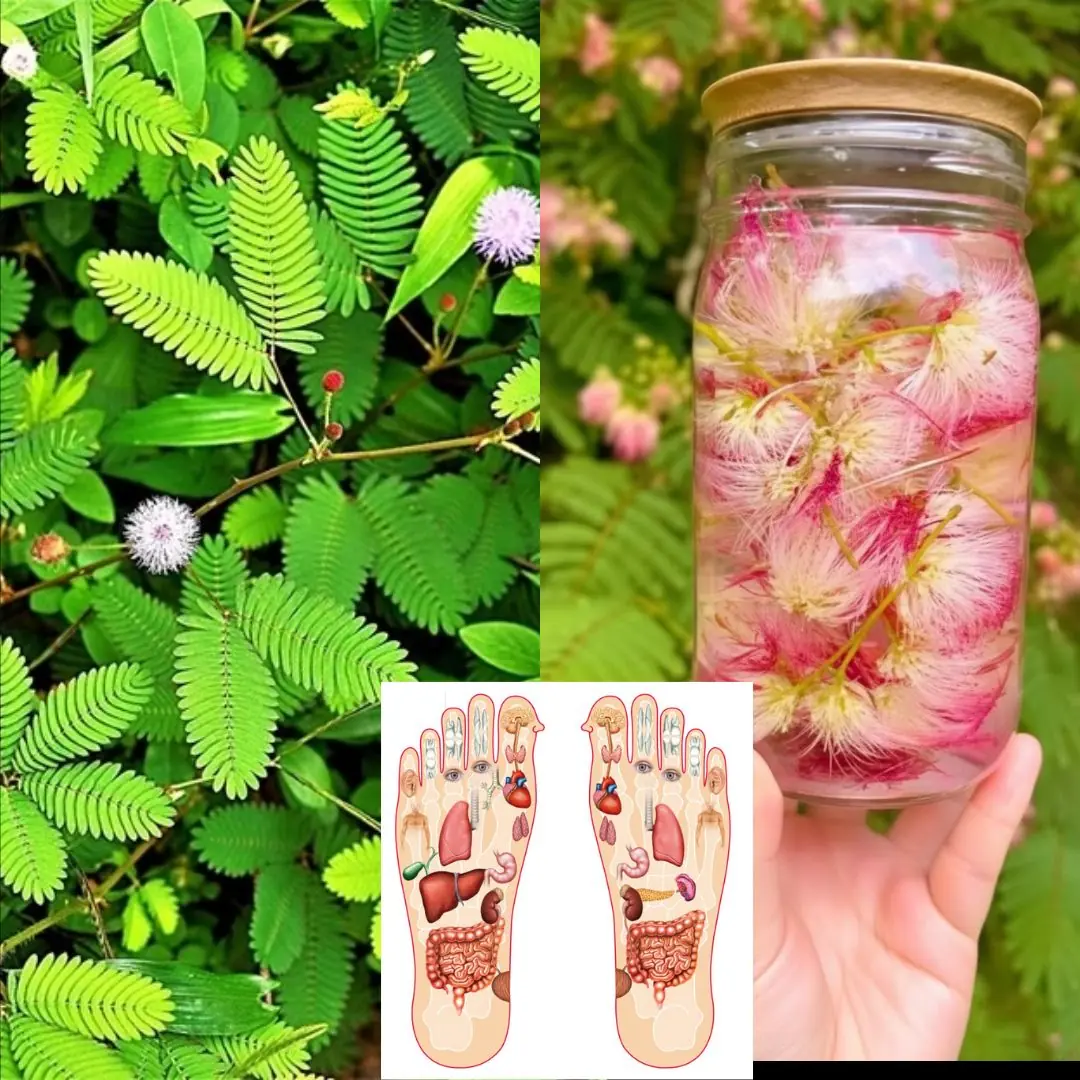
Mimosa Pudica Tea: How to Prepare and Health Benefits

Cloves and Onion: An Ancient Remedy with Modern Benefits

25 Incredible Health Benefits of Goosegrass

Honey, Lemon, Onion, Garlic & Ginger: The Daily Spoonful That Works Wonders

10 Powerful Benefits of Castor Leaves You Probably Didn’t Know About
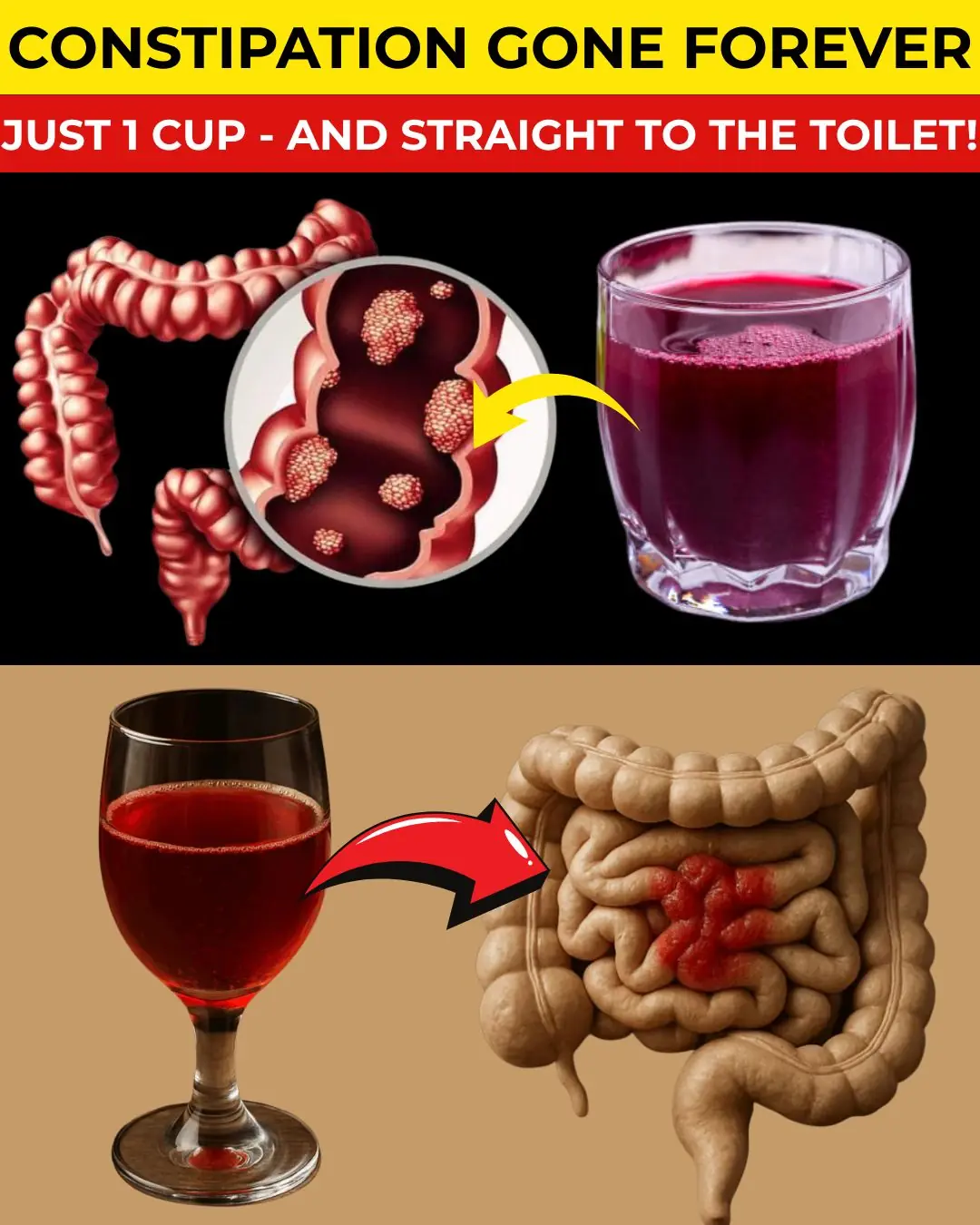
One Glass Before Bed – Say Goodbye to Constipation Overnight!
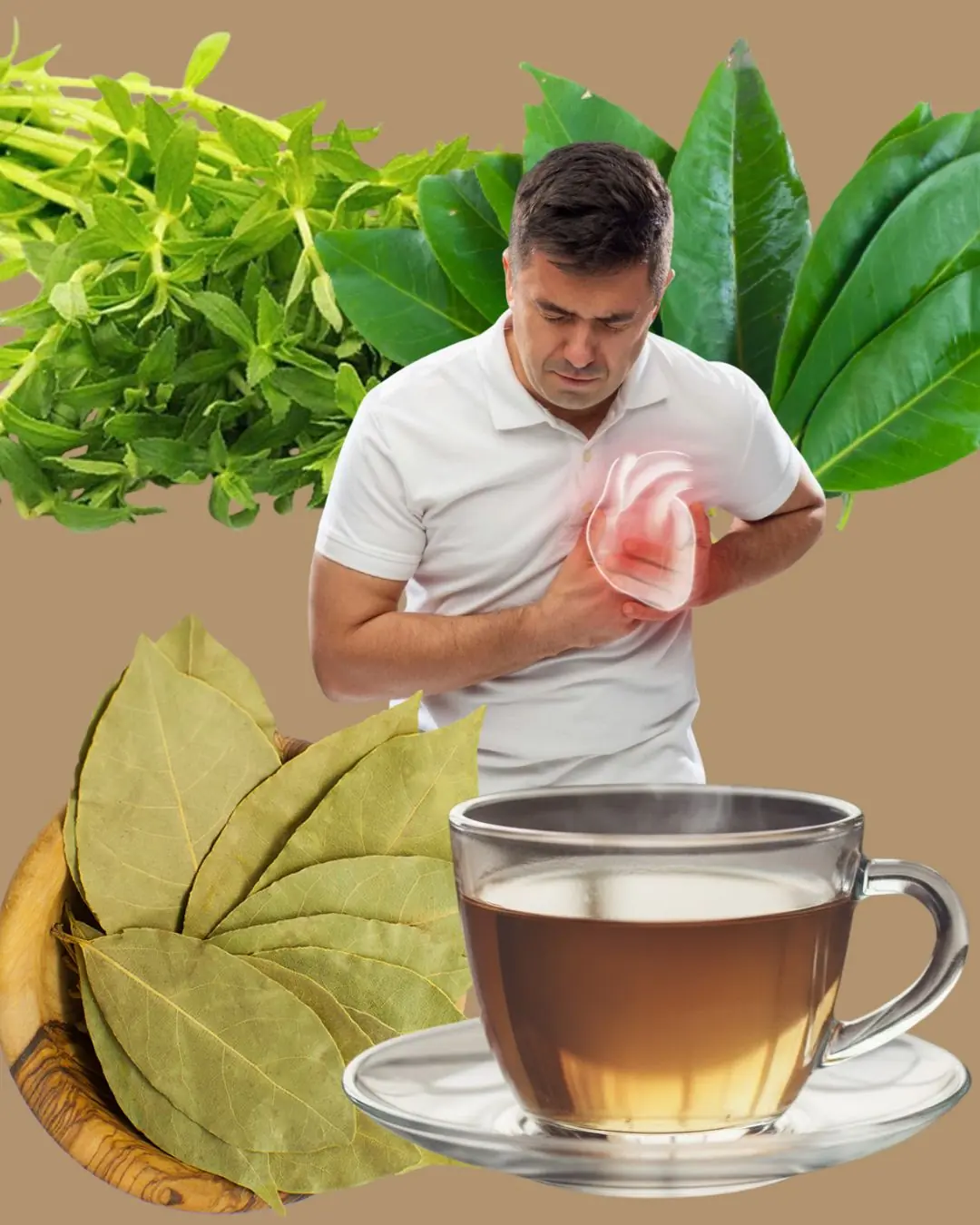
The Healing Leaves That Fight Disease Naturally: Diabetes, Poor Circulation, High Blood Pressure & Even Cancer 🌿💚
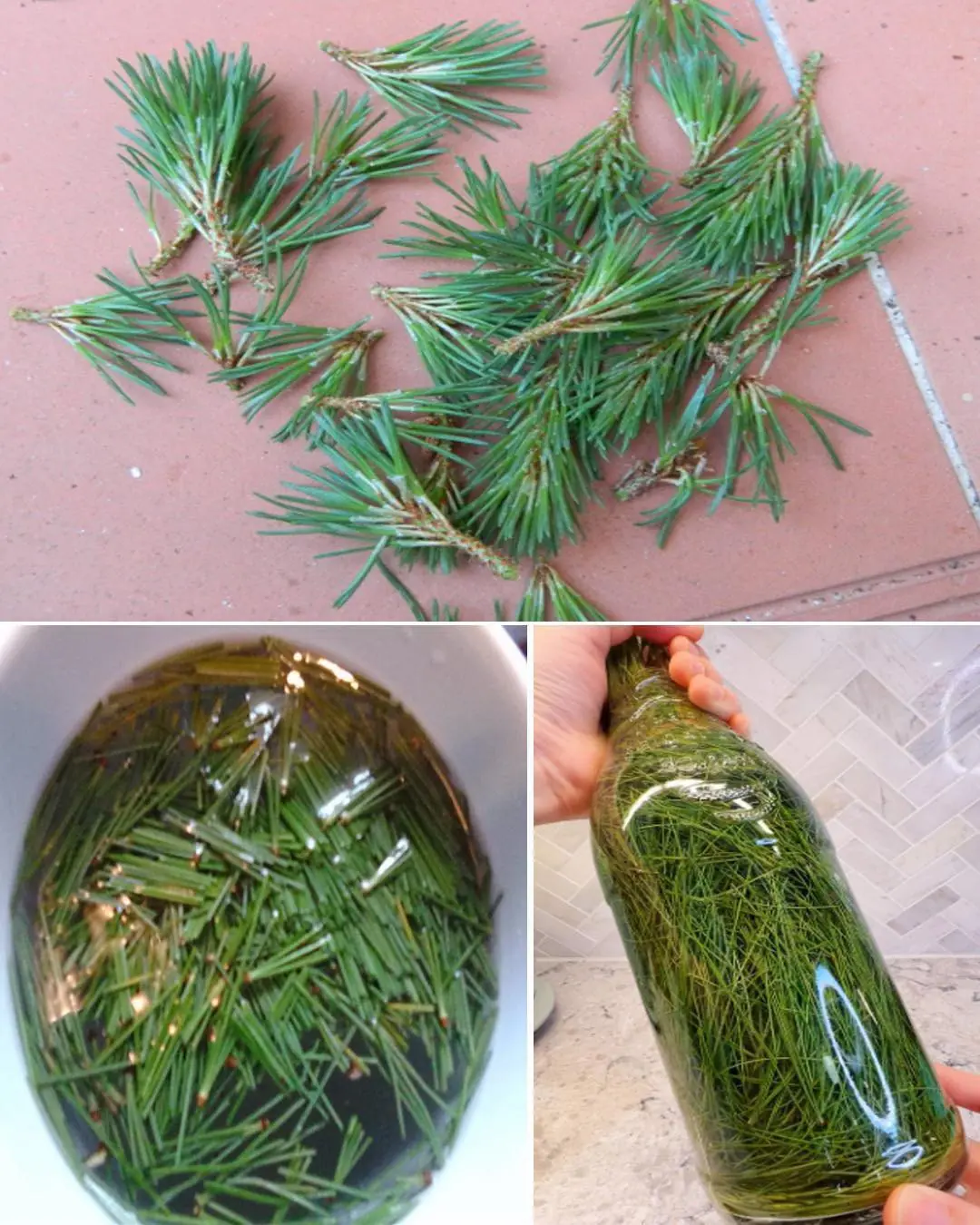
9 Health Benefits of Pine Needles

Unlock The Incredible Health Benefits of Garlic, Ginger and Lemon for Men

A special method to grow garlic in plastic bottles
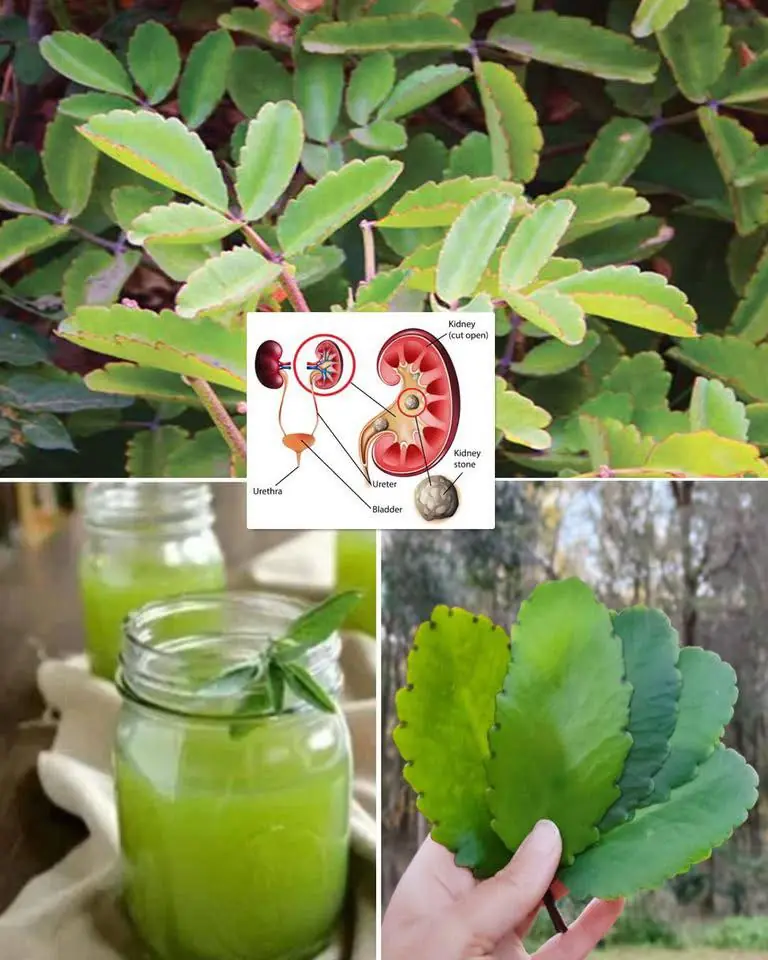
7 Benefits of the Miracle Leaf of Life

7 Amazing Health Benefits of Banana Blossoms
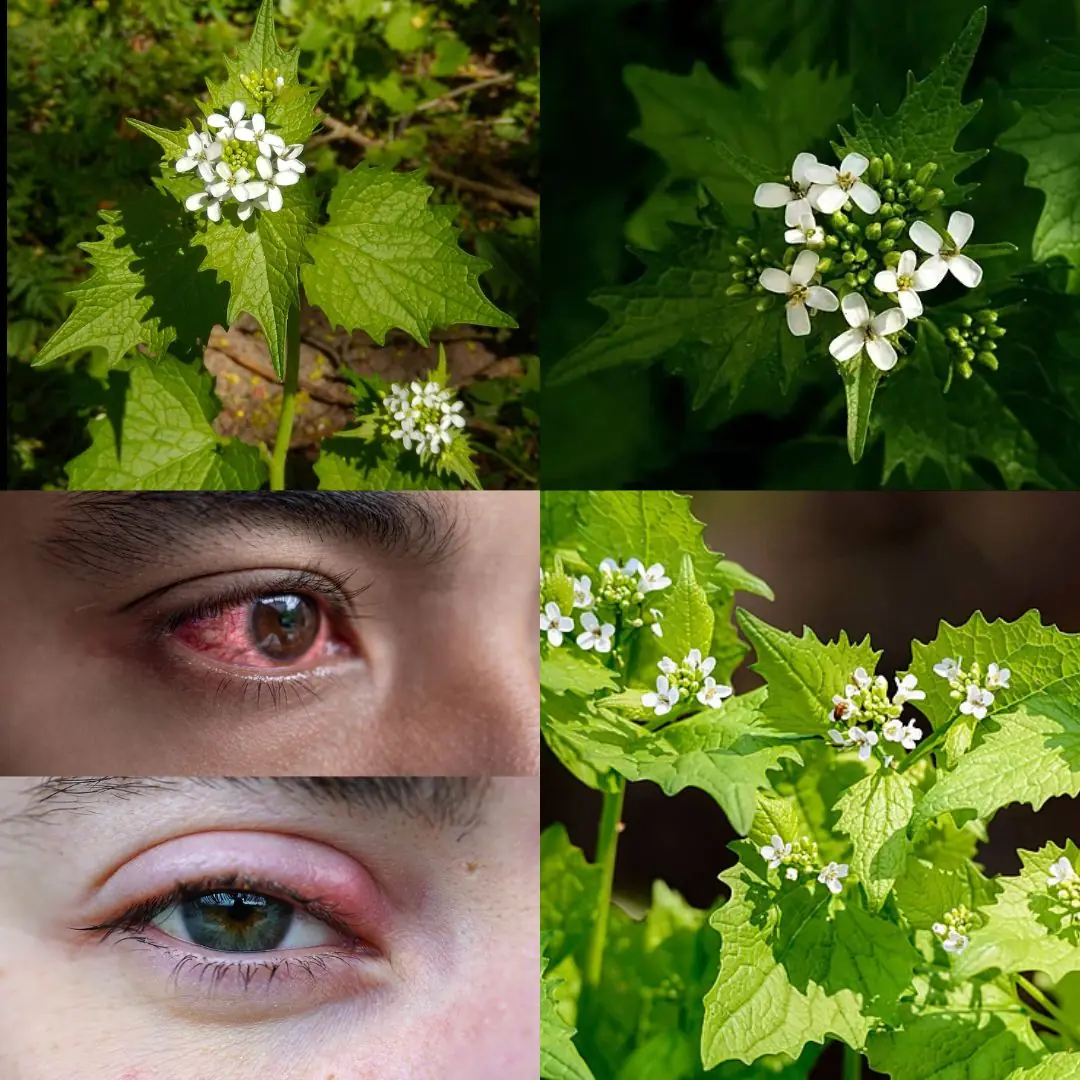
Garlic Mustard: The Overlooked Herb That Can Boost Your Health — Especially Your Eyes
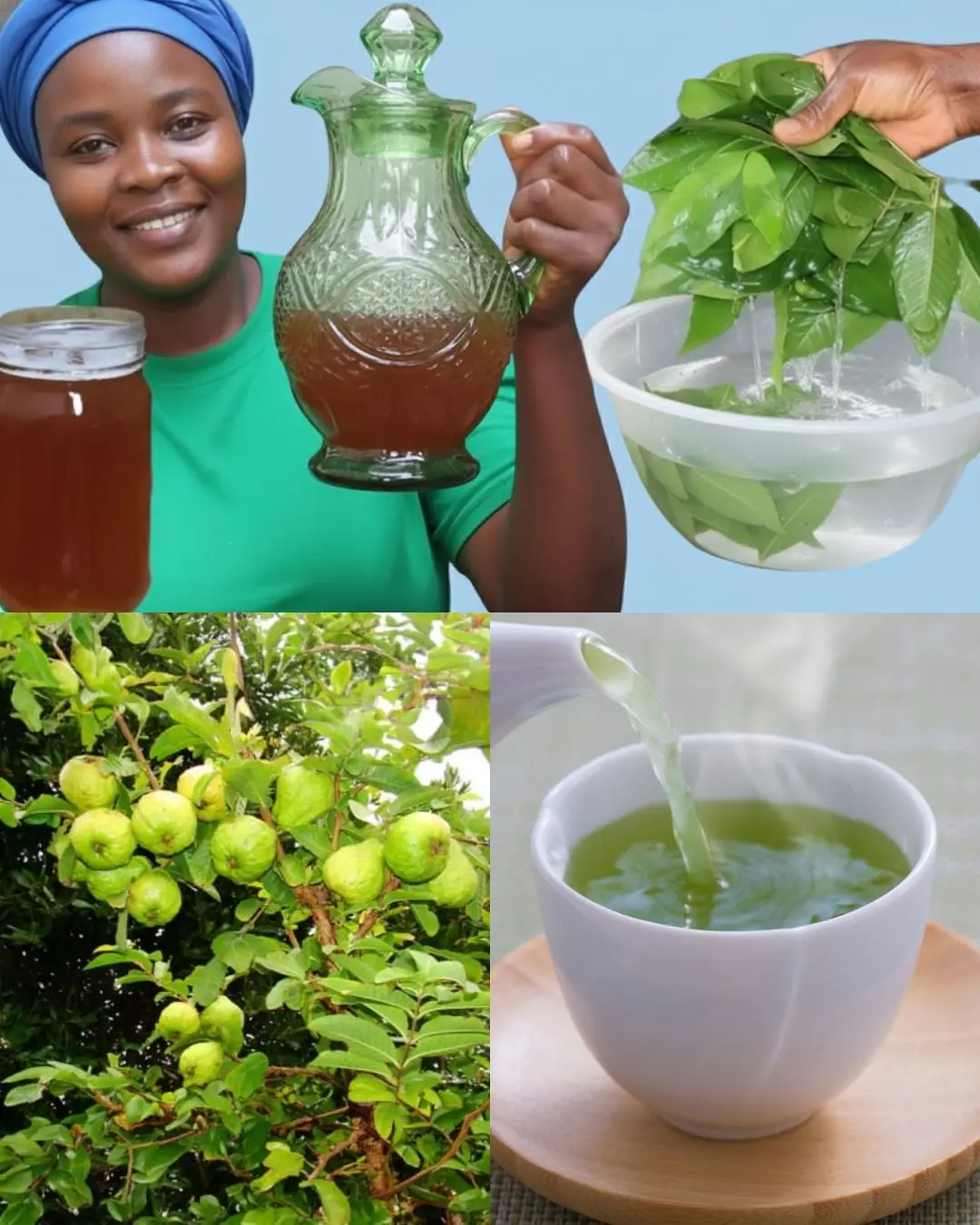
🍃 17 Reasons to Drink Guava Leaf Tea Twice a Week

🥤 The Rejuvenating Smoothie That Makes You Look 20 Years Younger 🌿

Avocado Seeds Benefits: 7 Reasons to use them

Say Goodbye to Hoarseness and Sore Throat: 5 Powerful Home Remedies to Cleanse Your Lungs and Soothe Cough Naturally
News Post

A Natural Botox Alternative? How a Simple Chia Seed Mask Can Tighten, Brighten, and Rejuvenate the Skin

47-Year-Old Man Dies from Liver Failure: “Two Types of Pain, Two Types of Itching” Warn of Serious Liver Disease

Don’t Throw Away Your Empty Milk Powder Cans – Turn Them Into Useful Household Items

If Cancer Cells Are Developing in the Body, These 3 Nighttime Symptoms May Appear

Can you spot the hidden dog? Only people with eagle eyesight can!

Can you spot the book, egg, cup, and pillow?

Doctors reveal that green broccoli causes...see more

Artery-Cleaning Foods: The One Meal Doctors Won’t Tell You About

The body will show 5 symptoms to remind you to eat less salt

5 foods that heal your body and STARVE cancer—eat these now!

Reverse diabetes and insulin resistance fast—4 hacks doctors don’t tell you!

This is Why You Always Wake Up in the MIDDLE of the Night (and how to make it STOP)

They were wrong about fasting — here’s what 30 hours without food really does to your body

You're doing it all wrong. Here’s the right way to store avocados

8 reasons why adding baking soda to your toilet tank is a must-do trick
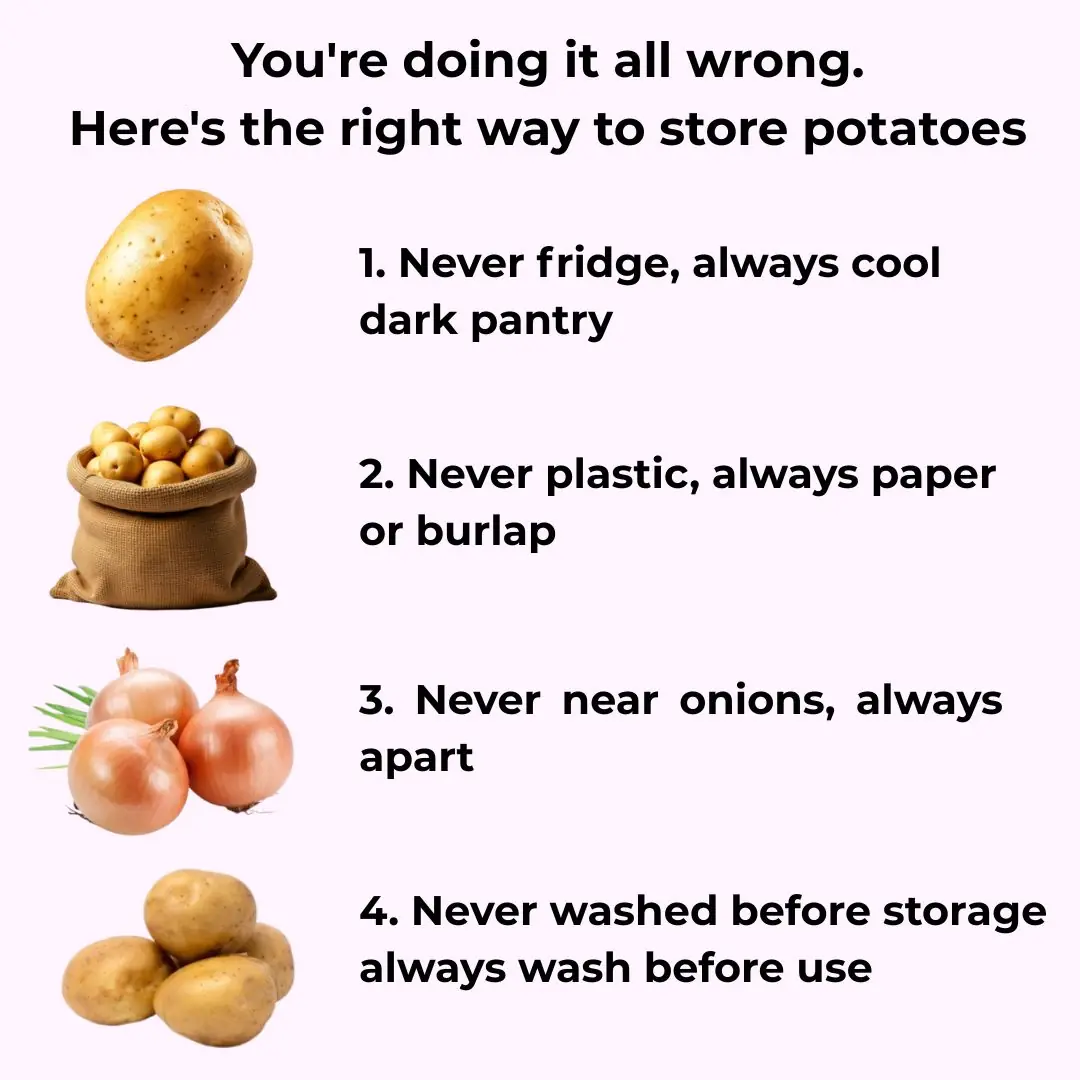
You're doing it all wrong. Here’s the right way to store potatoes

Washing machine stays clean all year without scrubbing thanks to a common household liquid, saving millions every year 👇👇

Aster flowers, the 'miracle cure' hidden in roadside wild plants
